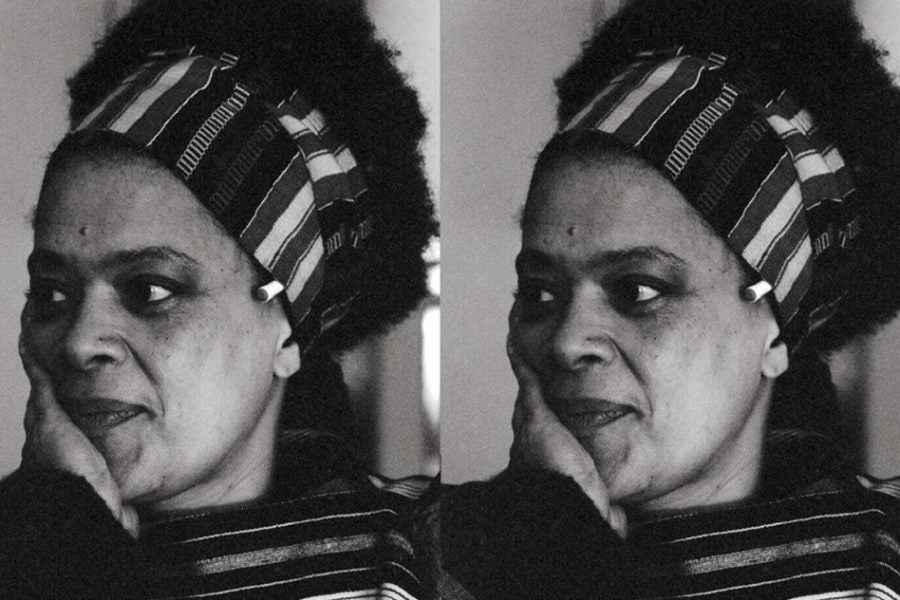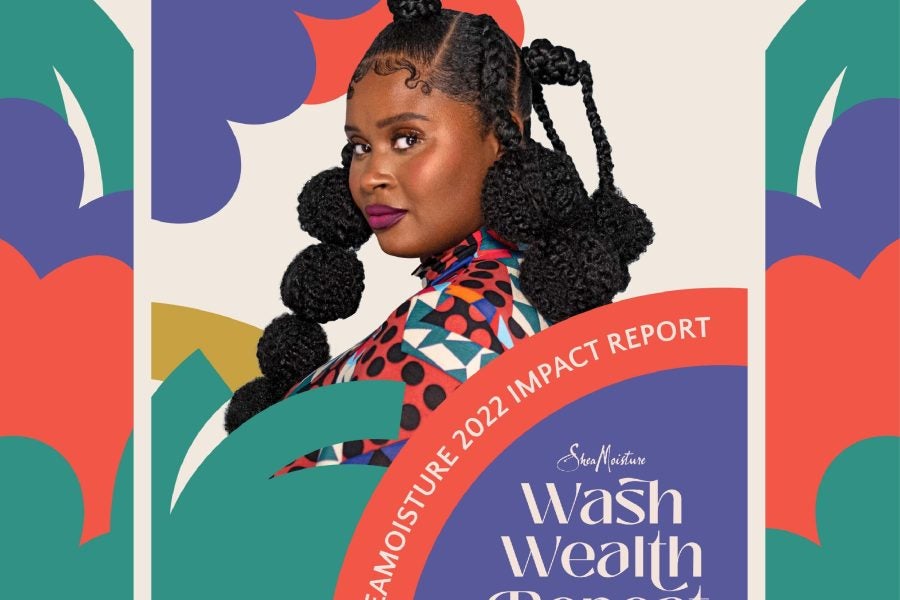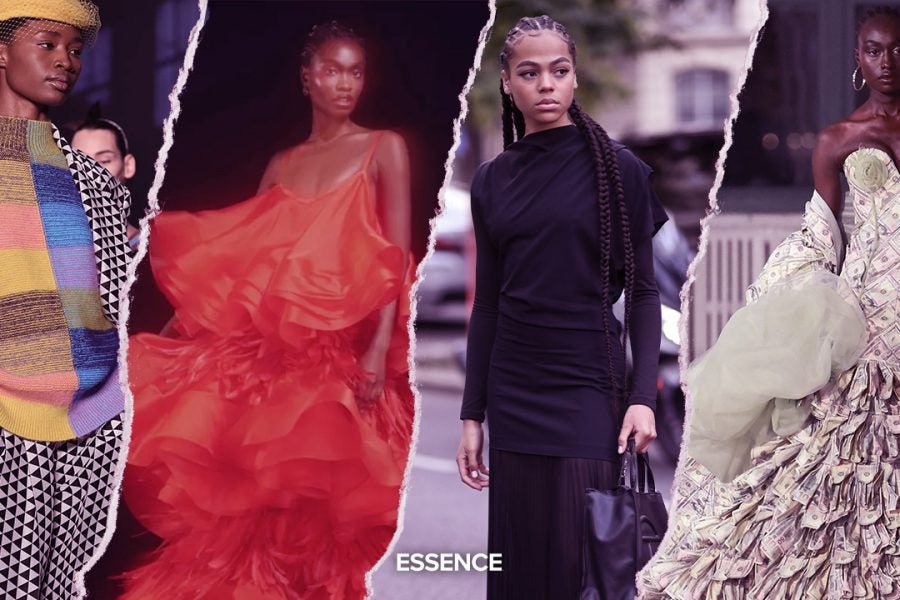
Dr. Lindsay Fauntleroy, Ph.D has lost two aunts to breast cancer, a close friend to an aneurysm, one to heart failure, and another to lupus. All beautiful Black women. All stressed. All the time.
Although their transitions were medically linked to a form of disease, Fauntleroy says their ailments took root in their spirits long before they showed up in the body.
“Constantly striving to be the best of the best while forgoing self-care is really an epidemic among Black women,” Fauntleroy told Essence. She is a certified acupuncturist and owner of holistic wellness practice The Spirit Seed and regularly teaches clients the importance of physiological interconnectedness. In layman’s terms, she shows people how mental wounds adversely affects our overall physical health.
“Our bodies neatly tuck away the stress that we’re not willing to face or not able to face or don’t have time to face. And so we just kind of shoulder up. We keep going, we keep pushing. We even look great while we’re doing it. And then all of a sudden we have these {inexplicable} illnesses that we don’t know where they came from.”
She’s right.
In 2010, Cheryl Giscombé, Ph.D., published the paper entitled “Superwoman Schema: African American Women’s Views on Stress, Strength, and Health” in the journal Qualitative Health ResearchTrusted Source and explained that specific societal pressure impacted on Black women lead to medical issues.
In the paper, Giscombé pointed out that research suggests that health disparities in African American women, including adverse birth outcomes, lupus, obesity, and untreated depression, can be explained by stress and coping.
“So, I became interested in this — really, I became interested in emotional suppression first,” Giscombé explained in a 2020 interview with MedicalNewsToday.com. “So, if women felt like they could not express their emotions, how might that impact their health? And then I became interested in this concept of strength — if they feel obligated to present an image of strength.”
Fauntleroy, like many other Black women, can attest to this assessment. After spending many years building her career in fashion and video production, she decided to expand her family. But after some time trying to get pregnant to no avail, she turned to alternative medical options to treat her issues. It was then she learned the power of flower essence treatment, typically used to manage stress, and acupuncture.
“I had no intention to go into the wellness industry,” Fauntleroy said.
“But as I went further on my fertility journey, I learned of the different methods that not only spoke to the issue I was facing, but others I had no idea were deeply affecting me. A lot of the medicine that I practiced now, the acupuncture, the flower essences, really came to me through my own healing process.”
After successfully giving birth to her first daughter, she leaned heavily into the world of homeopathy and earned a Master of Arts from New York University, a Master of Science from Tri-State College of Acupuncture, and received clinical training in Traditional Chinese Medicine (TCM), Kiiko Matsumoto style Japanese acupuncture, and myofascial Trigger Point release.
Fauntleroy says the practice of acupuncture helps address the layered issue that plagues many working, ambitious Black women: unabating fatigue.
“I have a message for those that may be hesitant to try treatment outside of western medicine,” Fauntleroy begins. “So the first thing I would let them know is that acupuncture is a place you can take off your cape for just a minute and be completely in your own body and being. And we don’t often get that.”
She also dispelled another myth about the mystical practice.
“Acupuncture is not painful—most people describe it as a gentle massage from the inside,” she said, explaining that patients seeking treatment for burnout symptoms even fall asleep during the procedure. “Another key point people don’t know is acupuncture treats a wide range of things. Everything from physical complaints like back, neck and muscular pain. Other seek treatment for more internal ills like symptoms of asthma, or even low blood sugar symptoms like fatigue or indigestion, irritable bowel syndrome…those internal processes. But also, others seek solace in the practice. They just want some respite from the daily grind.”
Her book, In Our Element: Using the Five Elements as Soul Medicine to Unleash your Personal Power, outlines how Black emotional self-care is a holistic undertaking and should be approached with various forms of treatment, not just one.
“I want people to understand that forms of care like acupuncture and flower essence can be used in tandem with western methods,” she explains. “Your spirit always tells you how you are before anything else does. Listen to it.”







